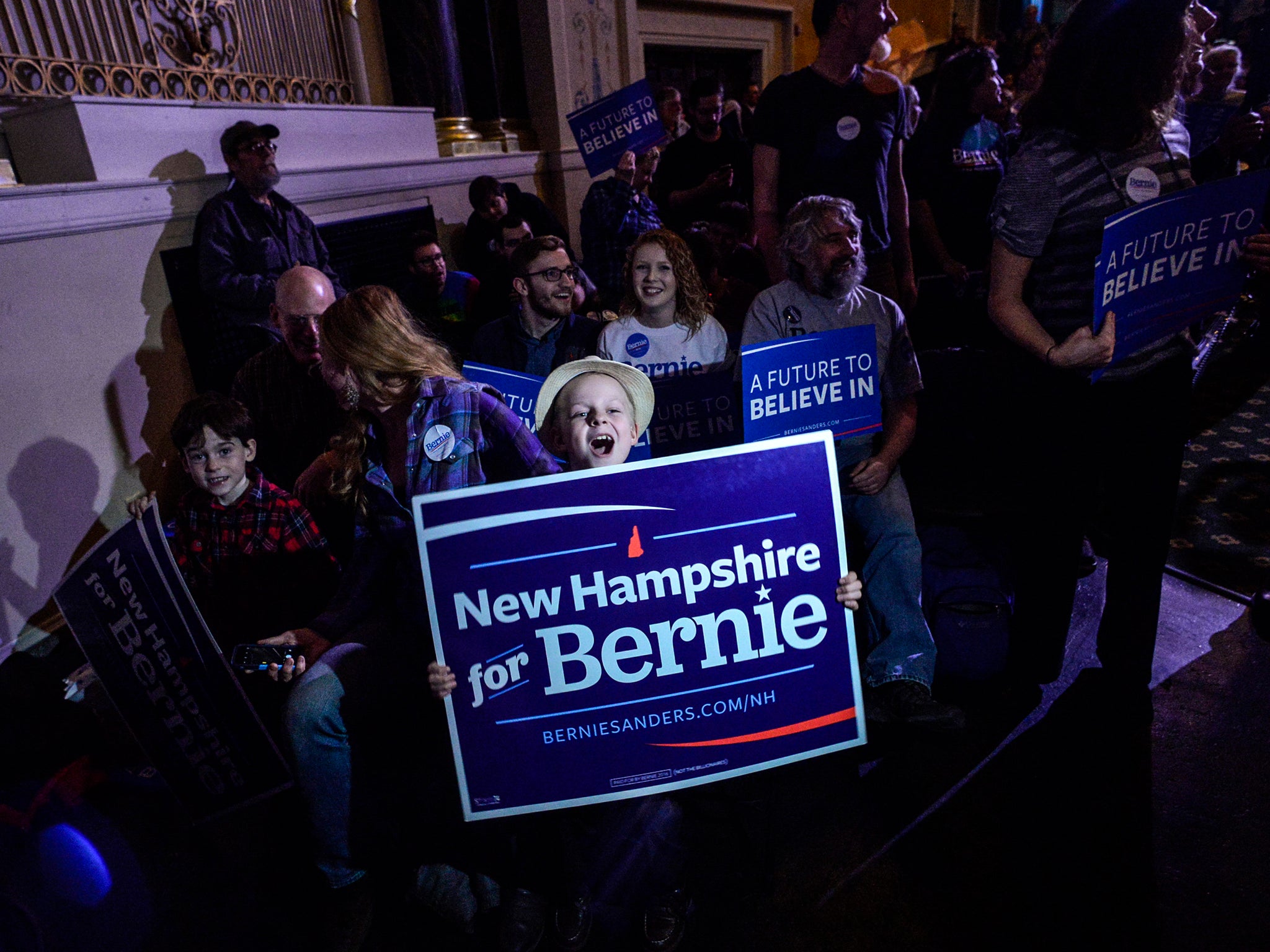Those pompous pollsters have hijacked the news again
Letter from the Editor: Ahead of the Iowa caucus news organisations led with the final polls, which had Trump ahead

Earlier this week, an election result made journalists pretty much everywhere look silly – again. In the first Republican primary, in Iowa, Ted Cruz beat Donald Trump. For the previous 24 hours, news organisations right across the world led with the final polls, which had Trump well ahead.
It was only a few weeks ago, of course, that Britain’s pollsters officially repented for the debacle of their performance at the general election last May. Aside from Professor John Curtice of the, ahem, Independent, virtually every polling company in Britain was made to look stupid for predicting a hung parliament or – in many cases – a government led by Ed Miliband.
The polls hijacked democracy. I put my hand up and say that, as Editor, I paid far too much attention to them. They made us focus more on matters of process than policy; they took up precious airtime and newsprint with denials and non-denials about who would work with whom, and alliances and deals that – in retrospect – were clearly never going to materialise.
When I saw them over a few jars in the weeks after the result, senior, jobless Lib Dems floated the idea of banning poll results from being published in the week before an election, so convinced were they that the spectre of a Labour-SNP government converted Lib Dem voters into Tory ones. A silly, impracticable suggestion, of course, but it shows you what they think of pollsters.
On Friday, The Times led with a poll showing a 10-point lead for the Out campaign on the EU. Its sister paper, The Sunday Times, published a poll not long before the Scottish referendum revealing – inaccurately, it turned out – a lead for the Scottish nationalists who would break up the Union. That certainly put the proverbial cat among Westminster’s pigeons.
Why are we letting this lot hijack the news agenda? There is a case for the defence here, which is that polls are a snapshot and not a forecast, though that is rarely spelled out. Moreover, they are probably more accurate than finger-to-the-wind guesswork. To be frank about it, they make for good headlines and add to the drama of political narratives. While people are able to make money out of it – and some of Britain’s pollsters are very rich indeed – they will carry on doing so. And given the thirst for information in the digital age, they were always bound to proliferate.
There have been countless occasions when I have thought about putting poll findings on the front page – especially if Professor Curtice is around to dissect them. But we journalists should recognise that polls, which have seduced us so many times, can lead us into temptations best avoided. Have a great weekend.
Join our commenting forum
Join thought-provoking conversations, follow other Independent readers and see their replies
Comments
Bookmark popover
Removed from bookmarks